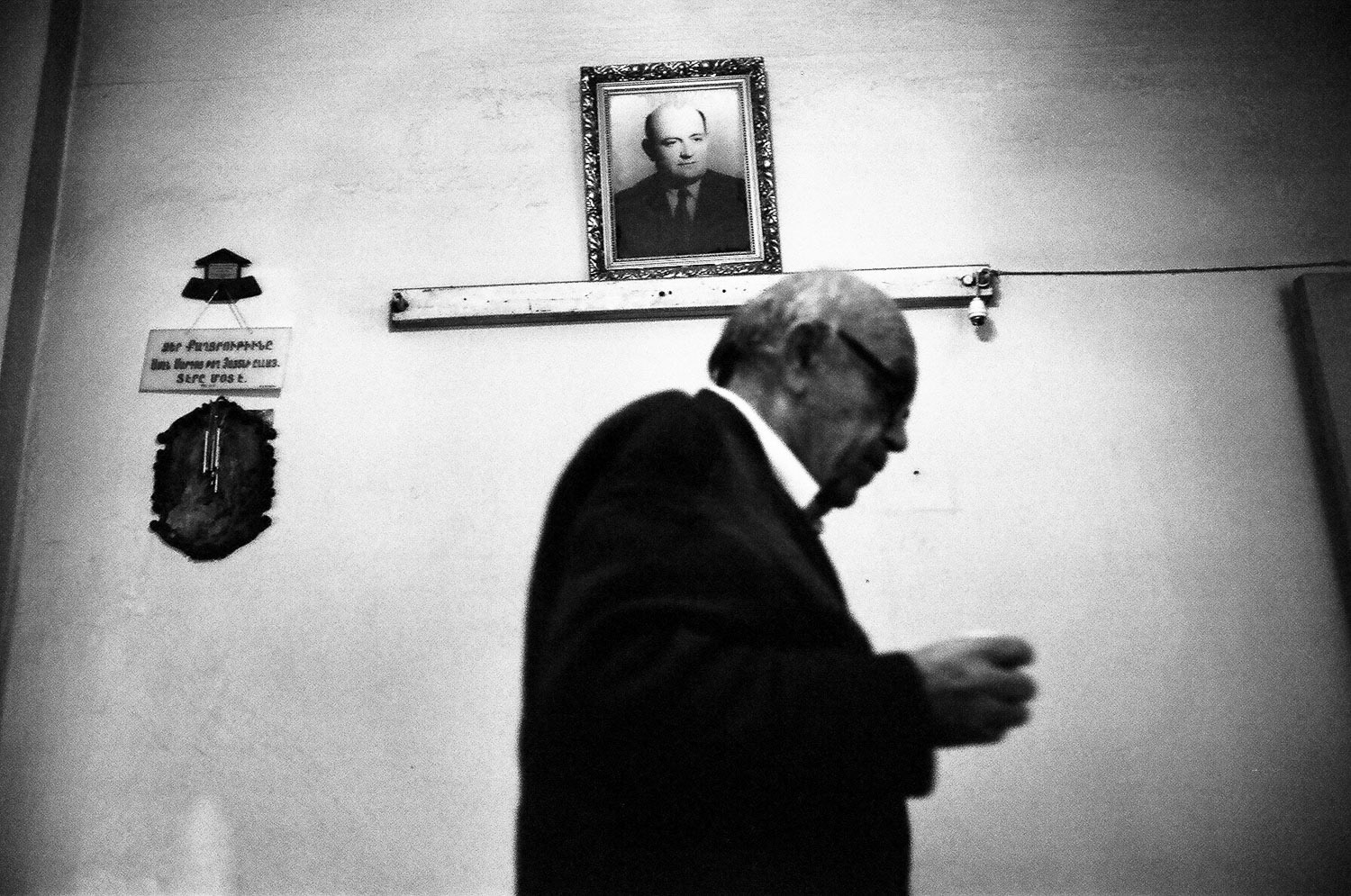Riffing on transnational and diasporic identity, multi-generational displacement, and the ambiguities of return, dis/placed is a layered and deeply personal narrative. My grandparents were exiled by the Armenian Genocide two generations ago and my parents, after being displaced several times across Europe and the Middle East, ended up in Beirut, Lebanon where I was born. My family and I were violently uprooted once again by the Lebanese Civil War in 1975.
With dis/placed, I return to Beirut after a 40-year absence, carrying this baggage of fragmented history and wade into the spaces of my childhood: narrow and decaying neighborhoods fraught with their own multi-generational history of displacement, violence and fierce independence. Merging documentary and personal narrative, dis/placed is as much about a process to unravel my internal history as a chronicle of a physical and human landscape. Layered, dark, brooding, ambiguous, I attempt to articulate a fractured relationship to place and narrative. How to “return”? How does multi-generational displacement impact belonging and home? Among the concrete and human geography of an ambiguous “home” dis/placed attempts to construct a narrative of diaspora.
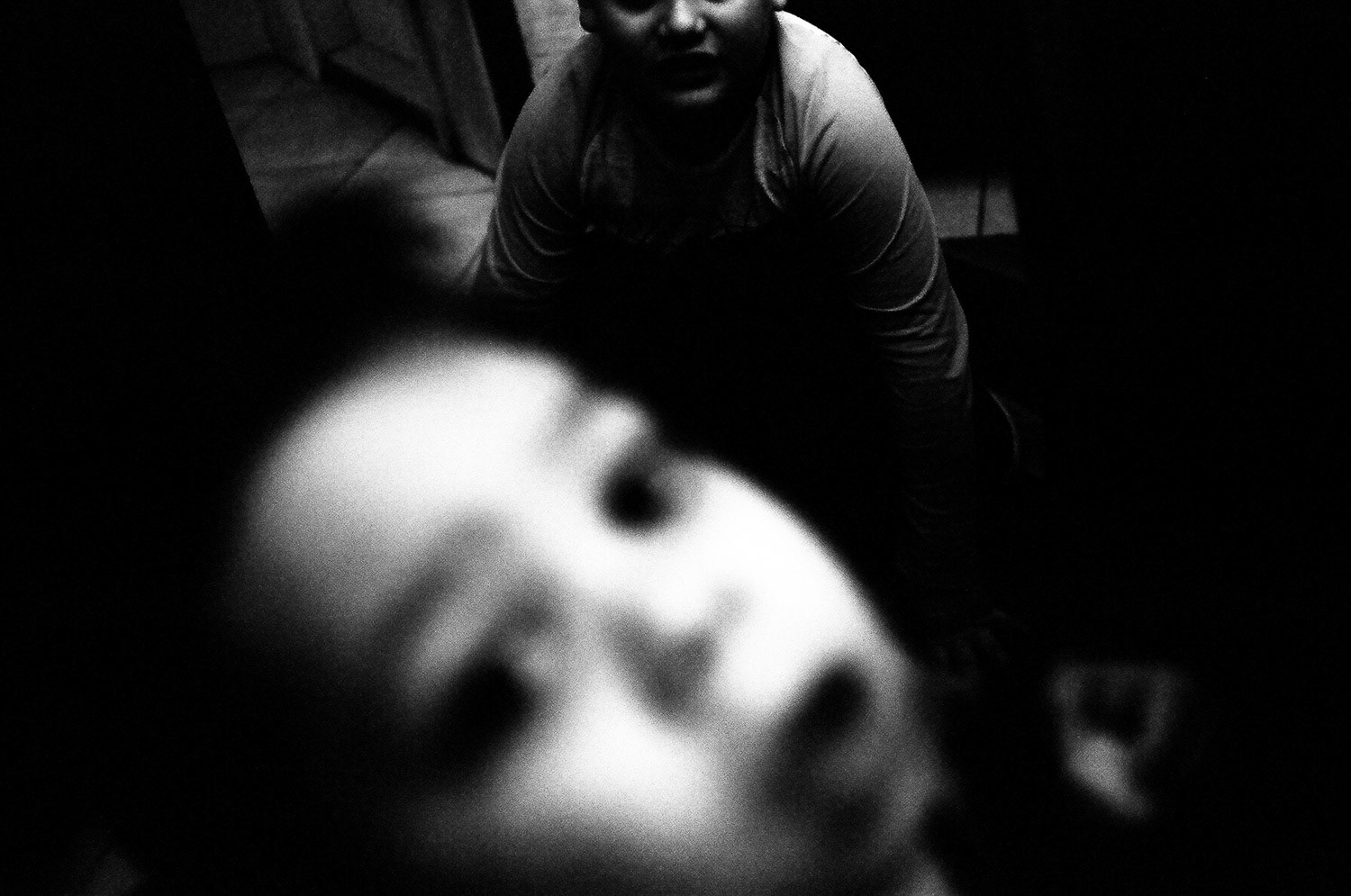
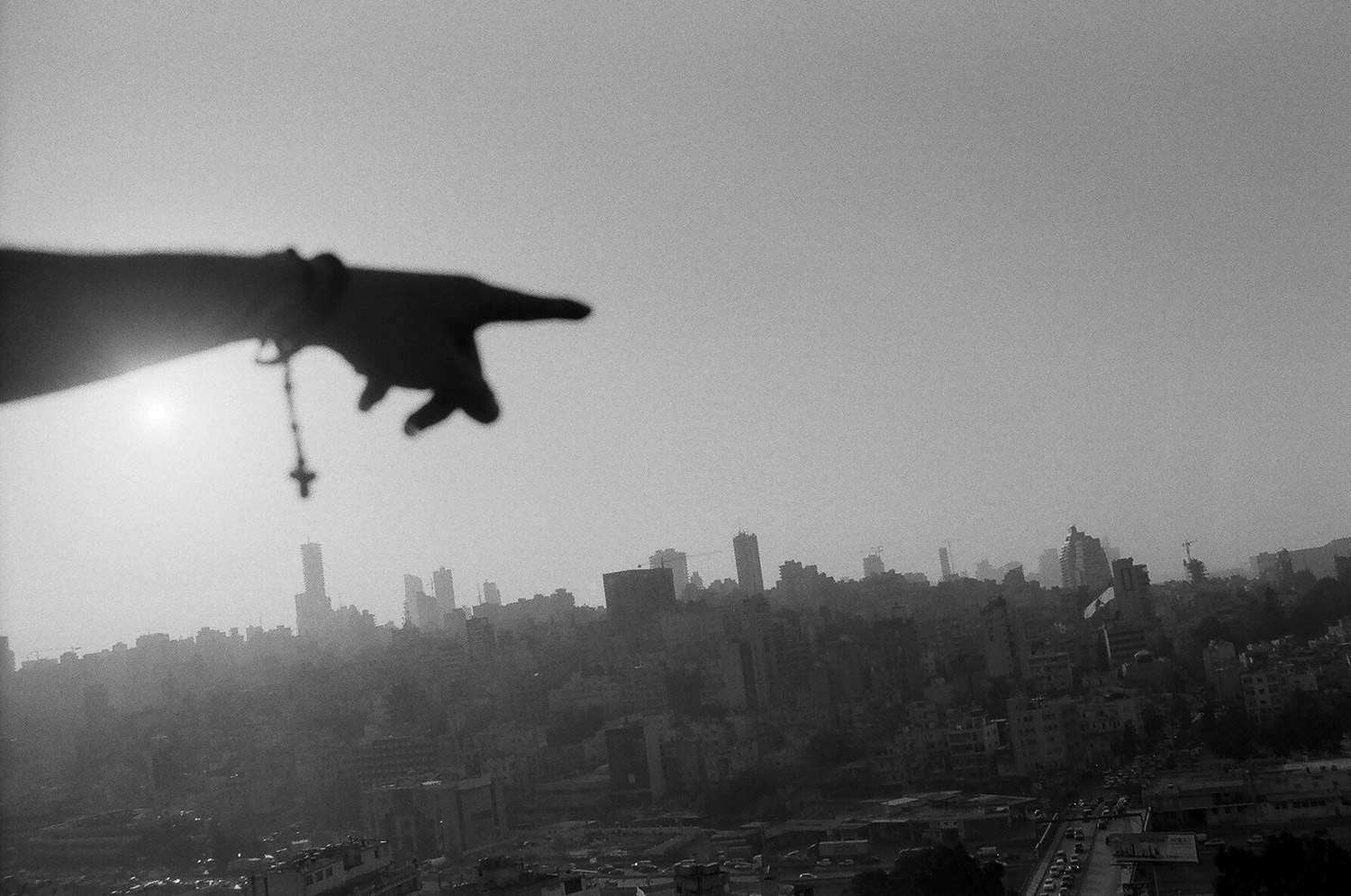
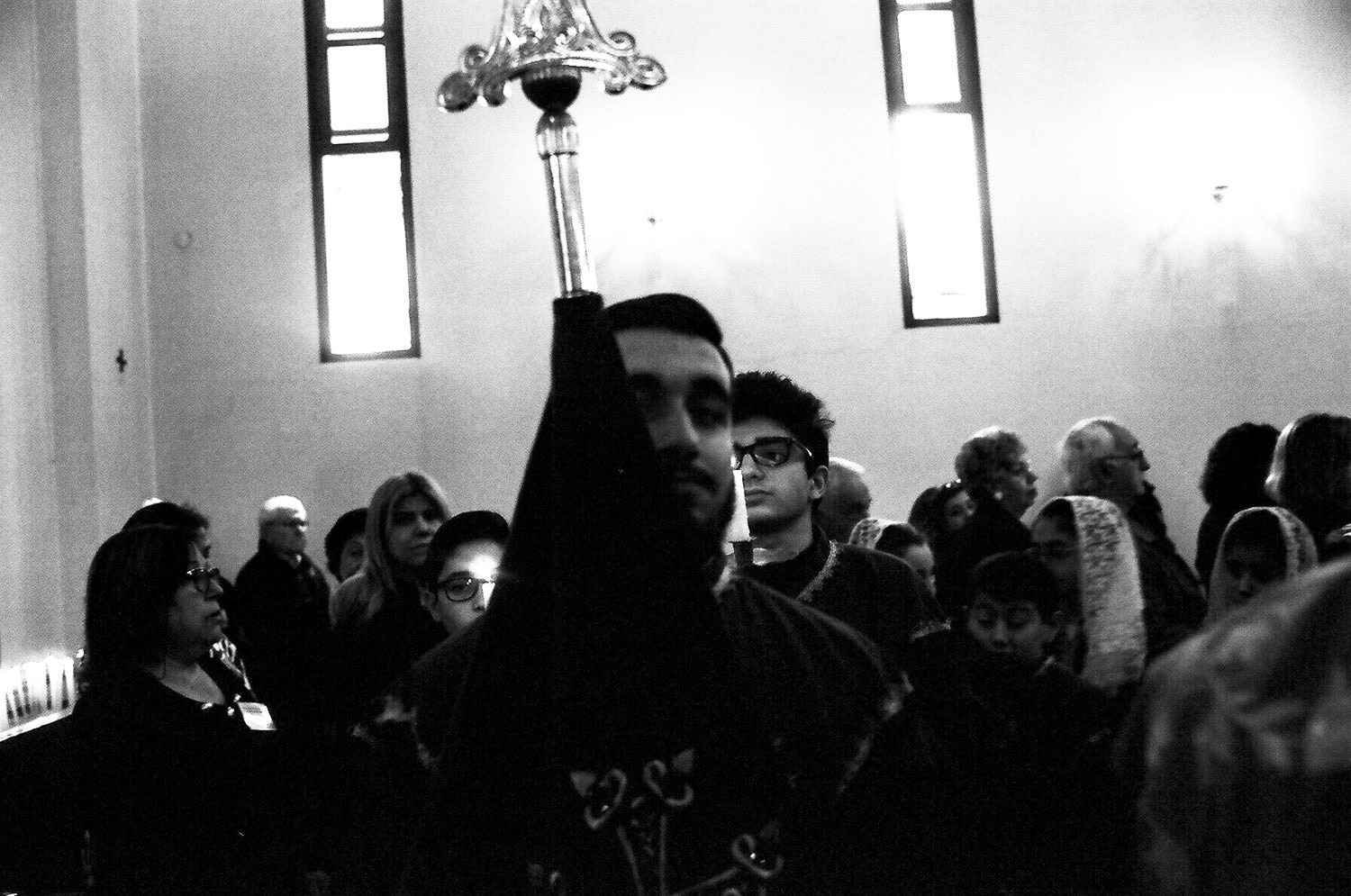
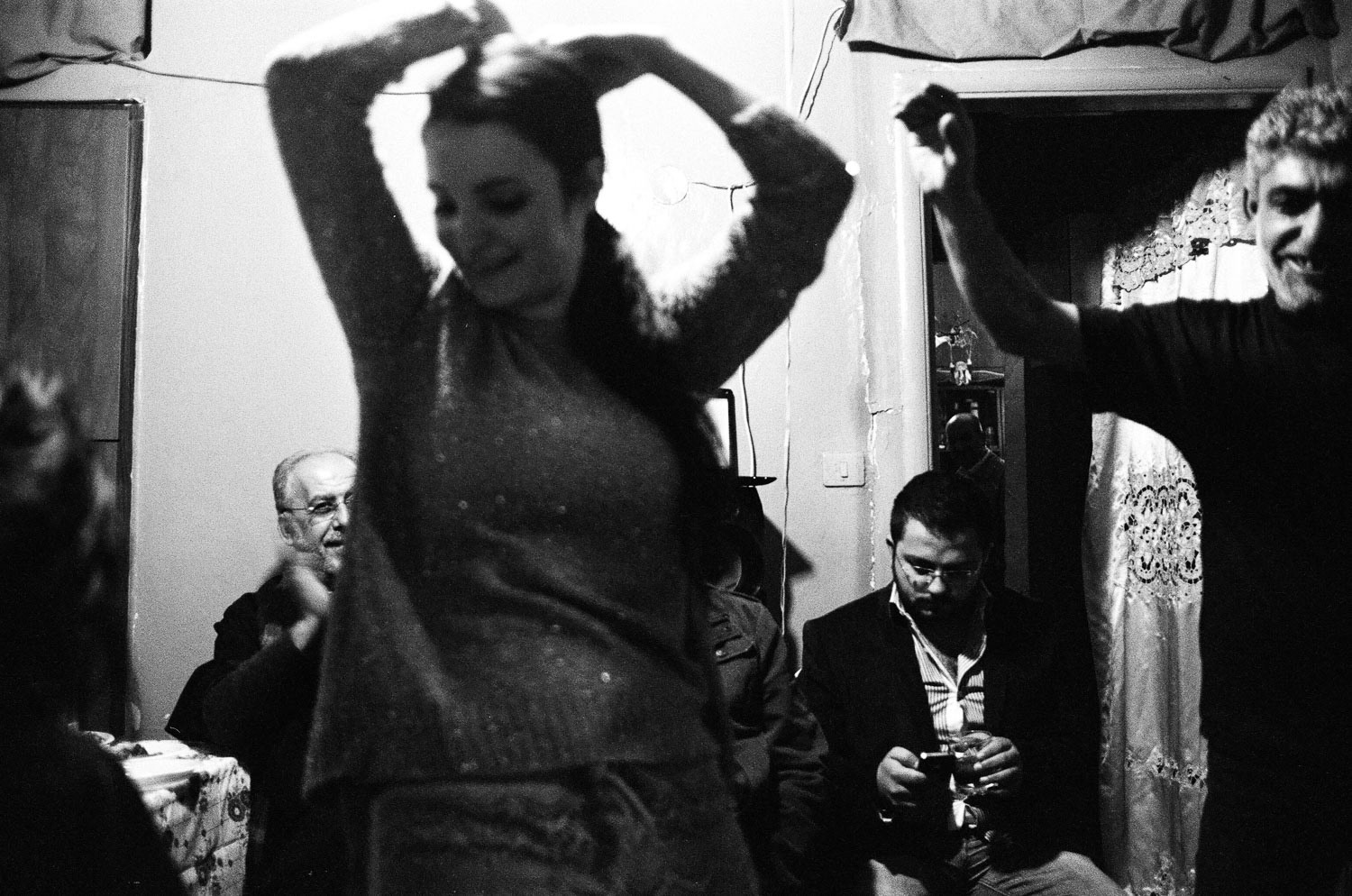
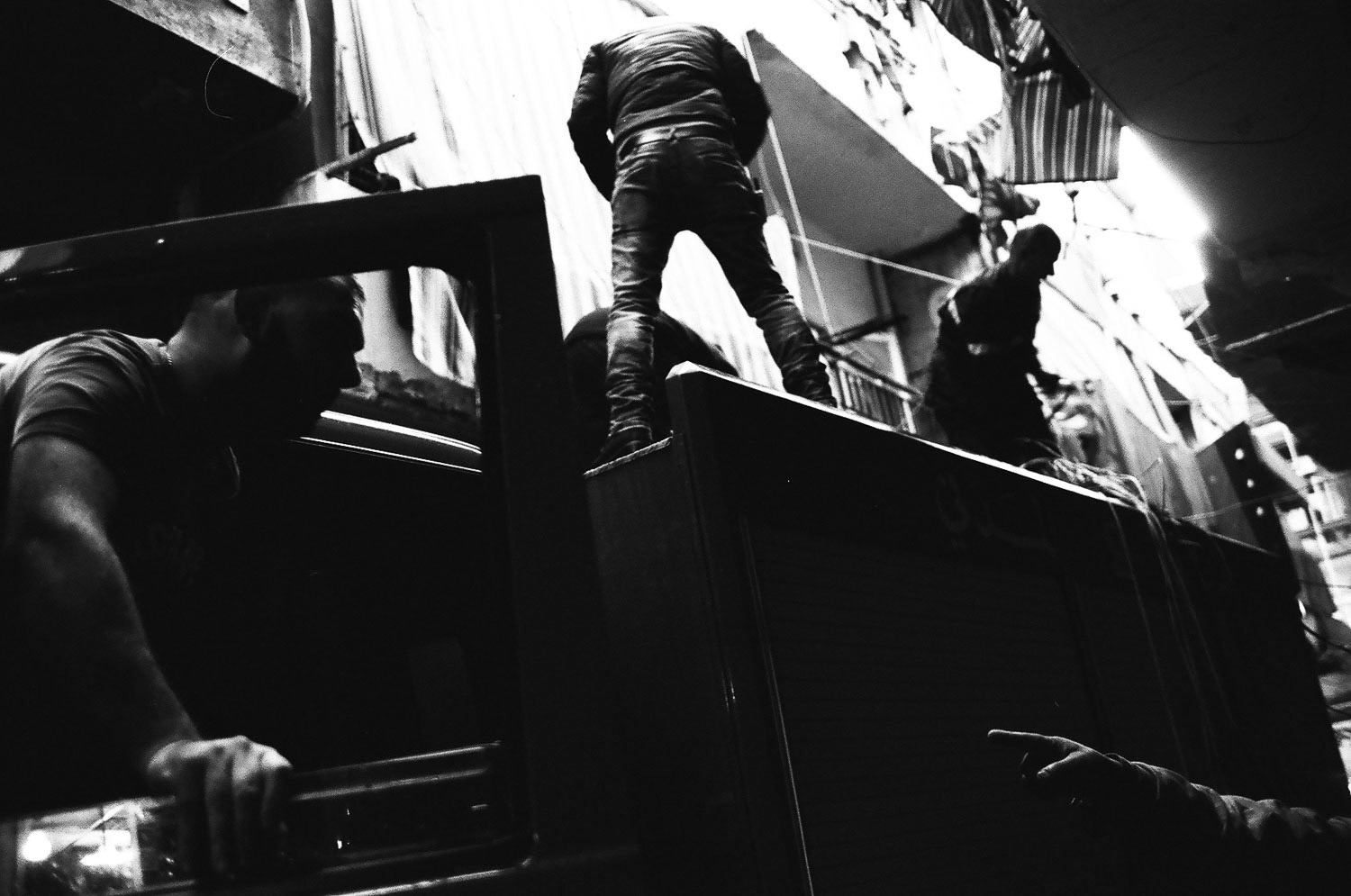
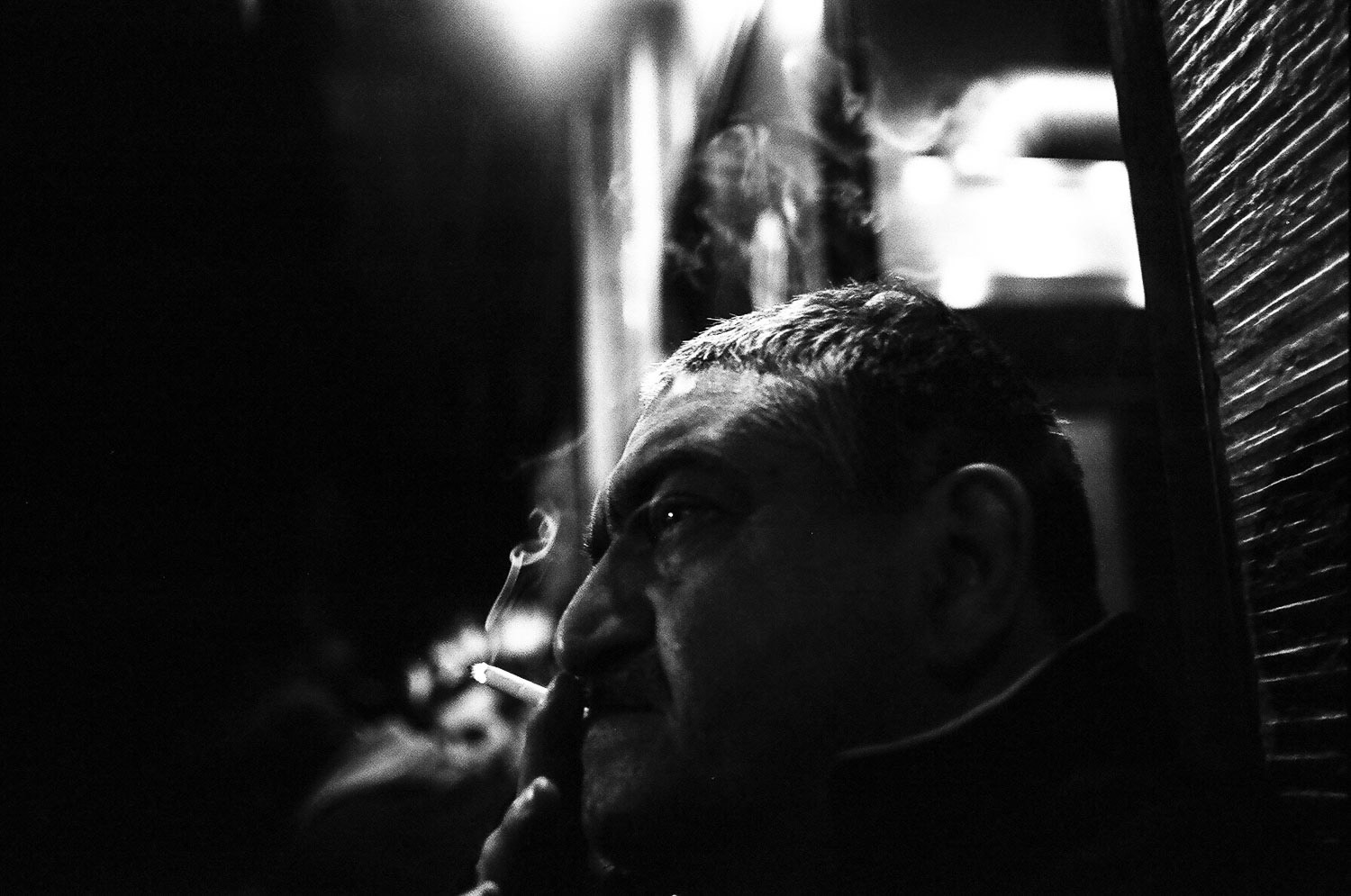
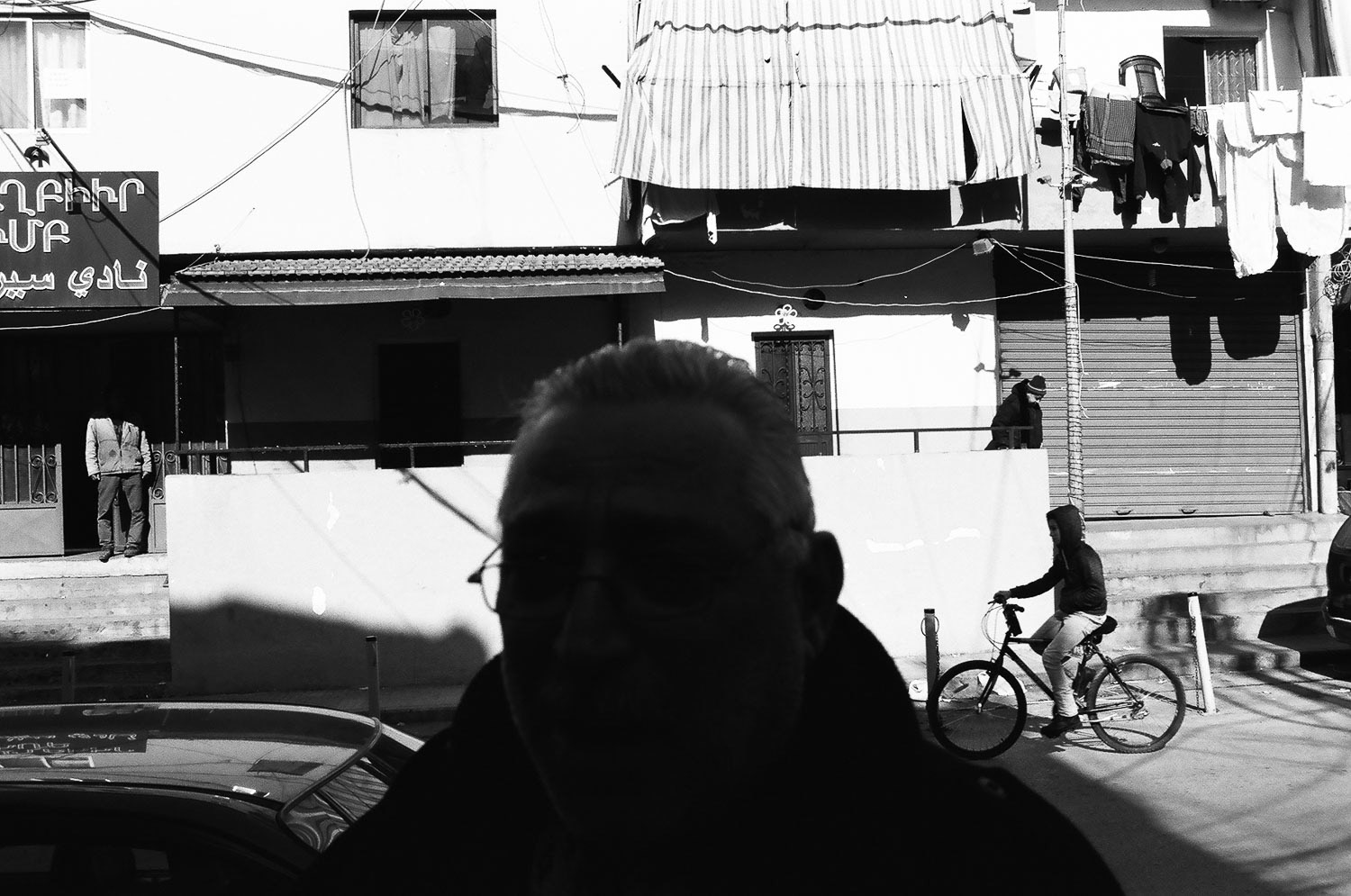
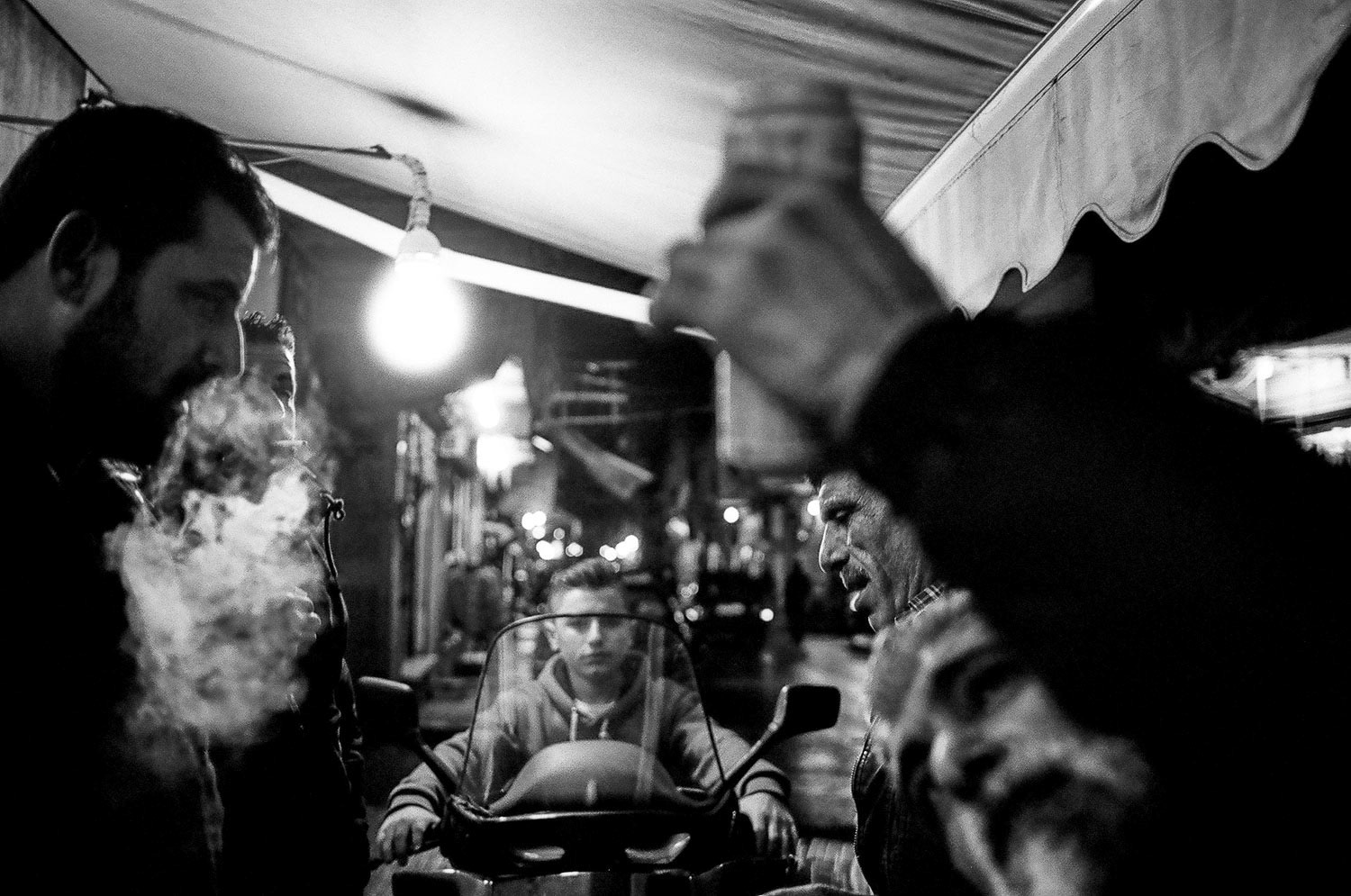
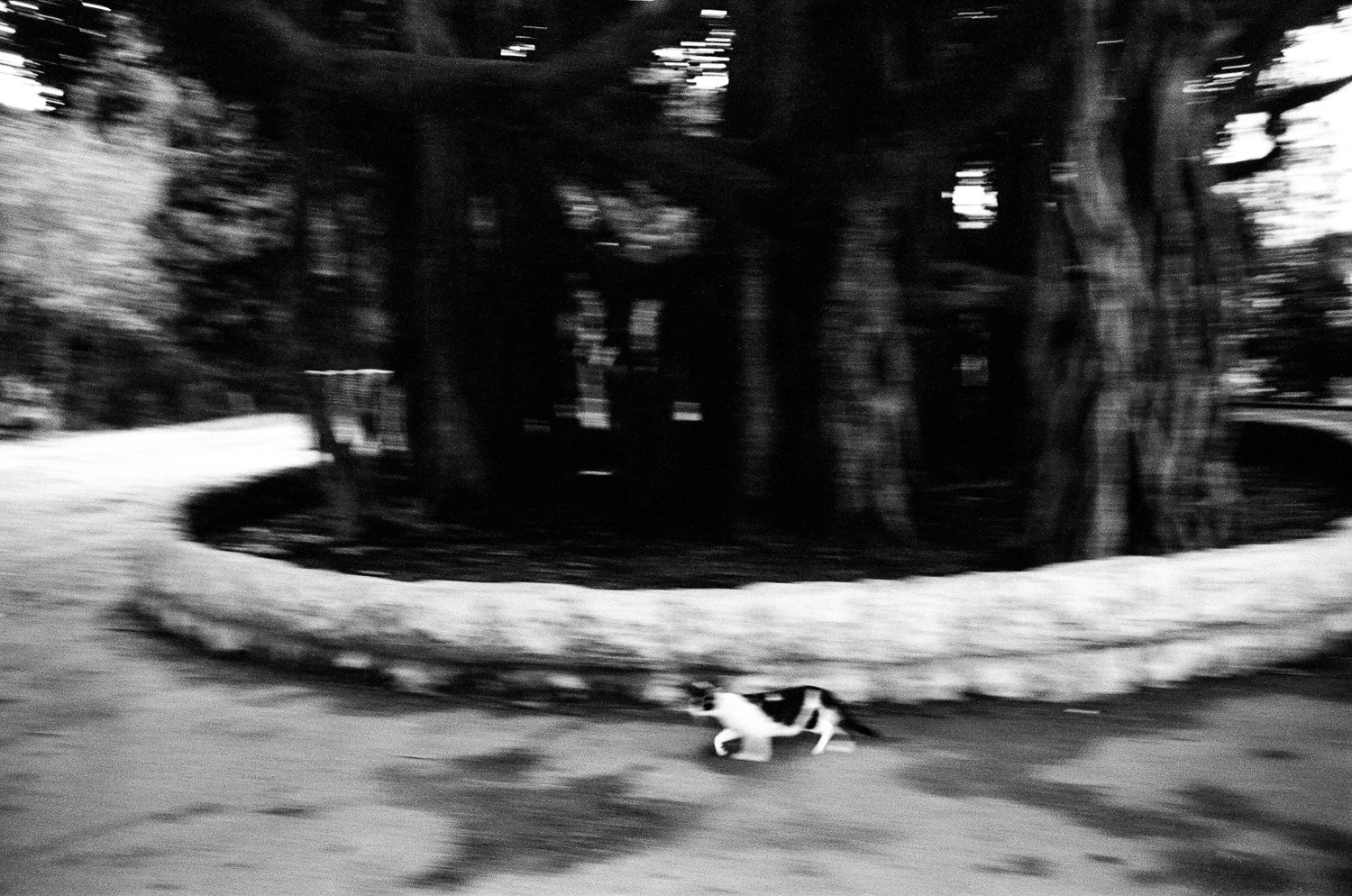
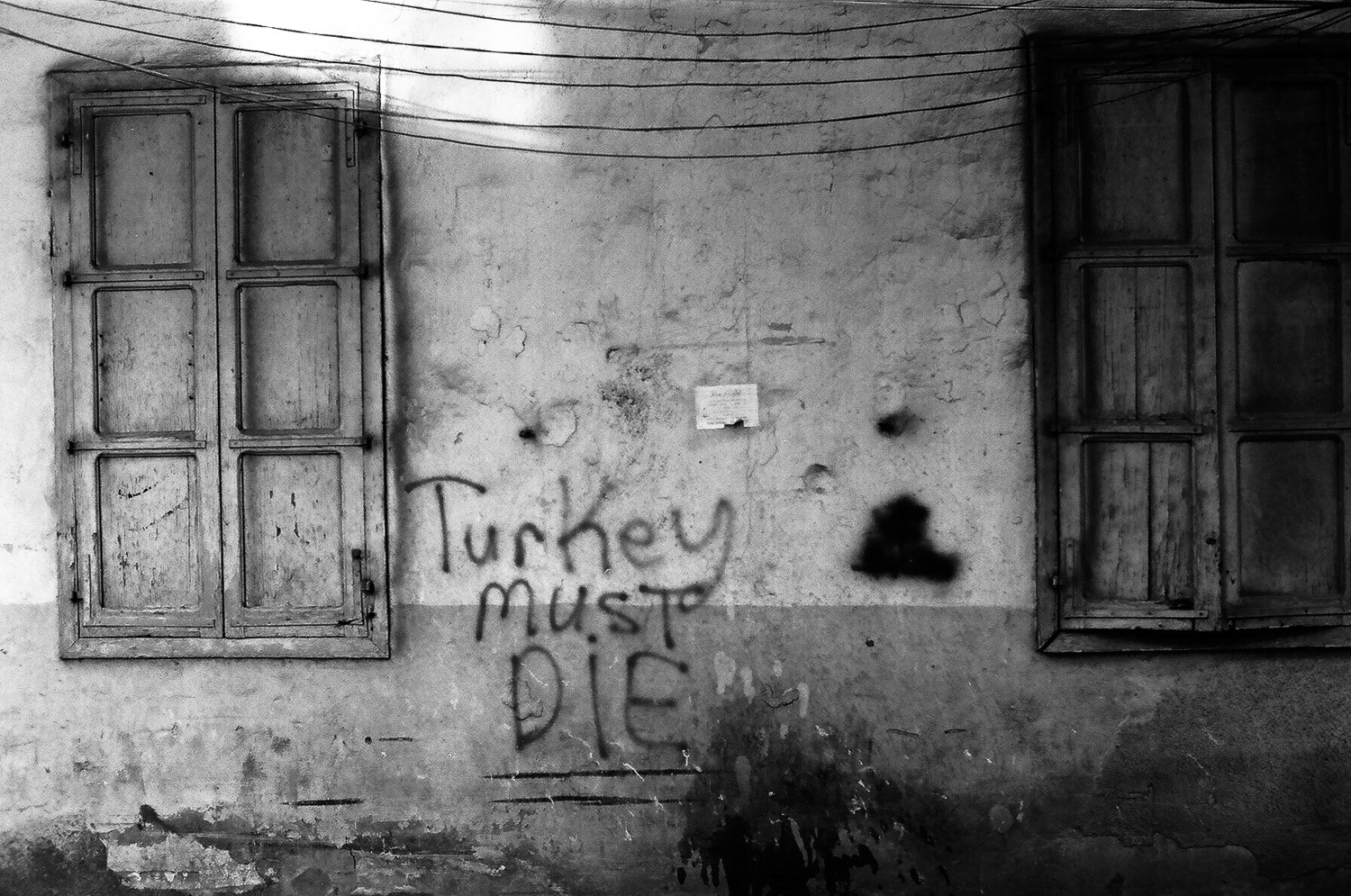
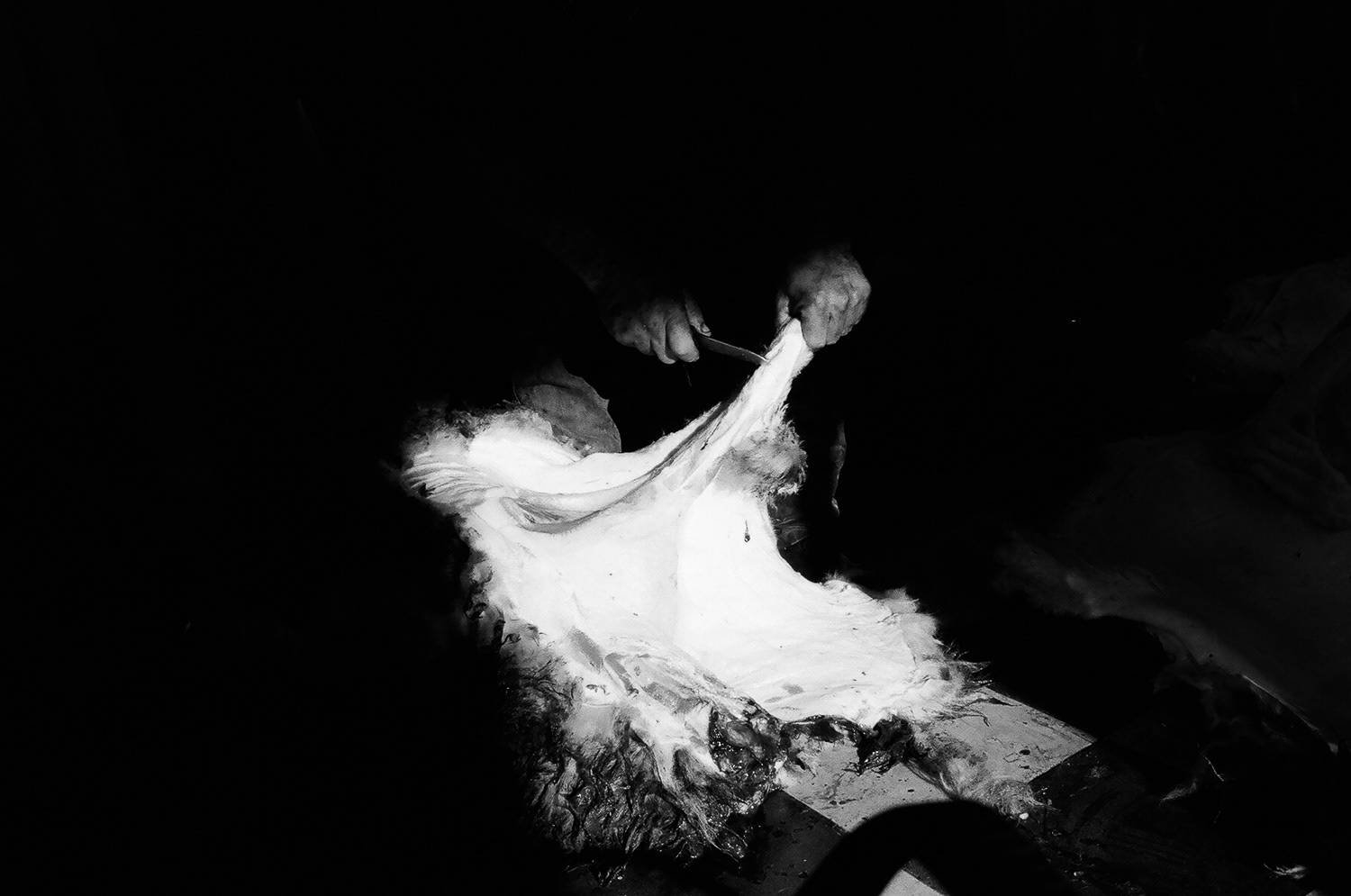
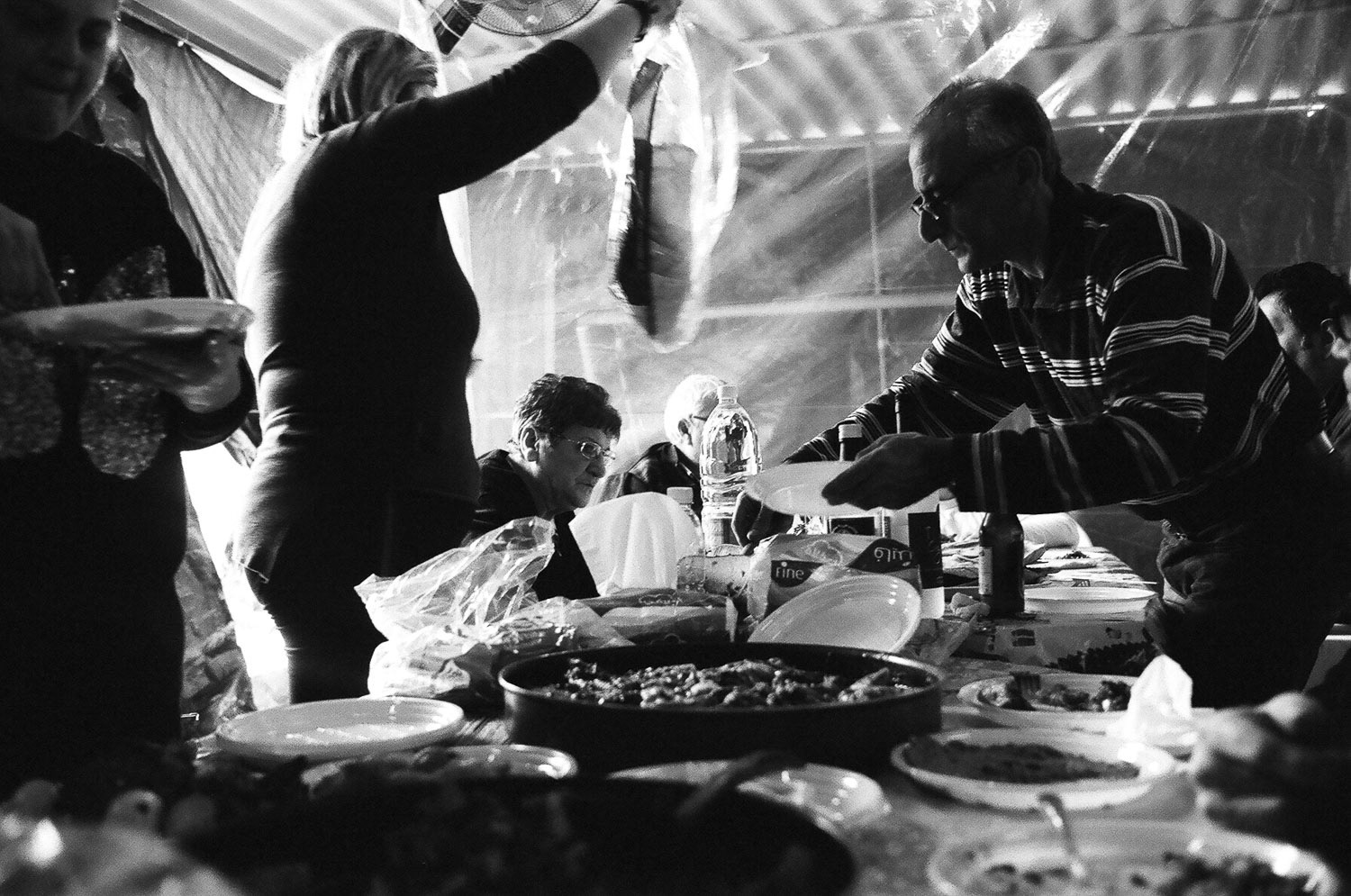
Family, Bourj Hammoud, 2018
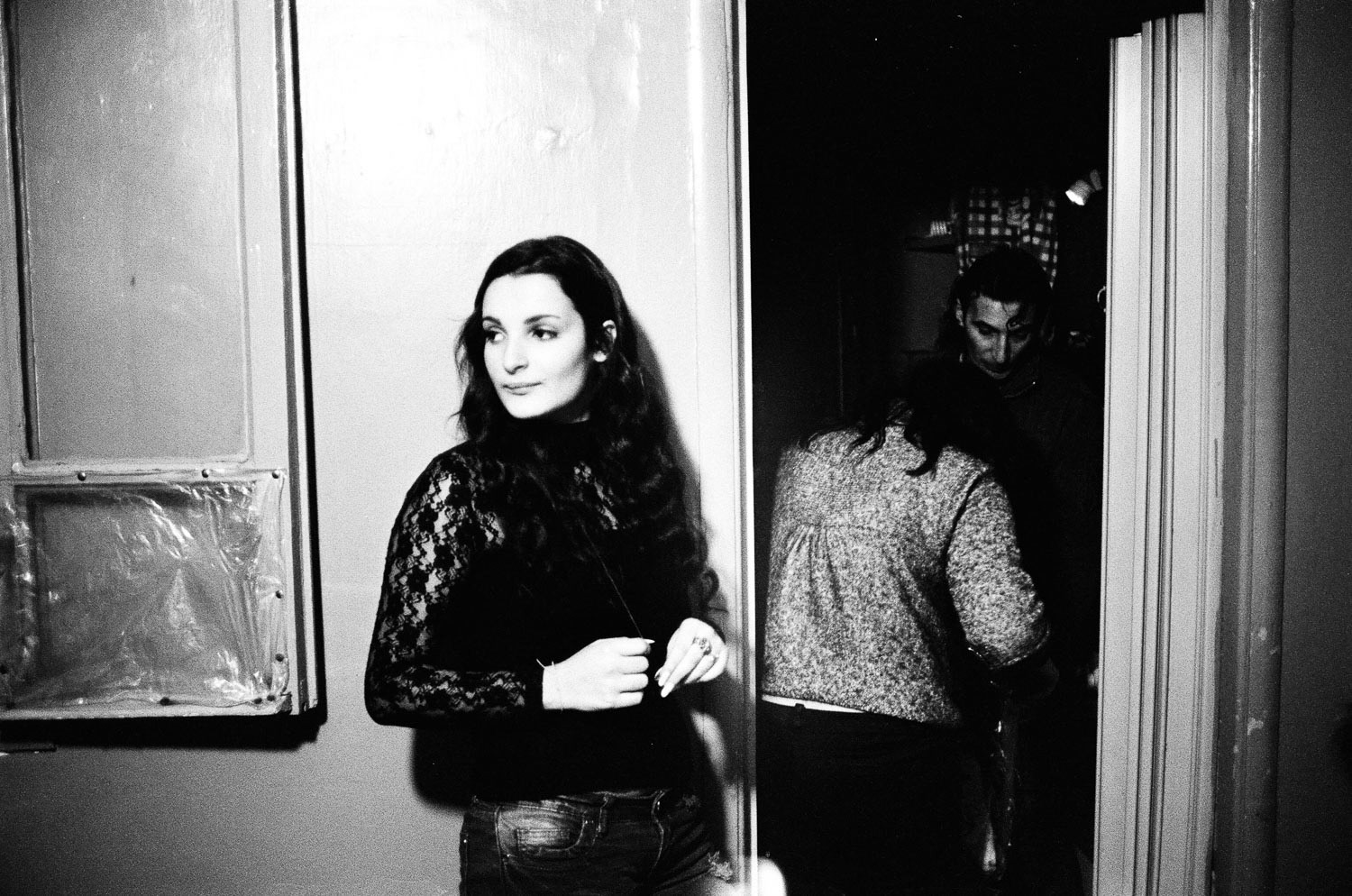
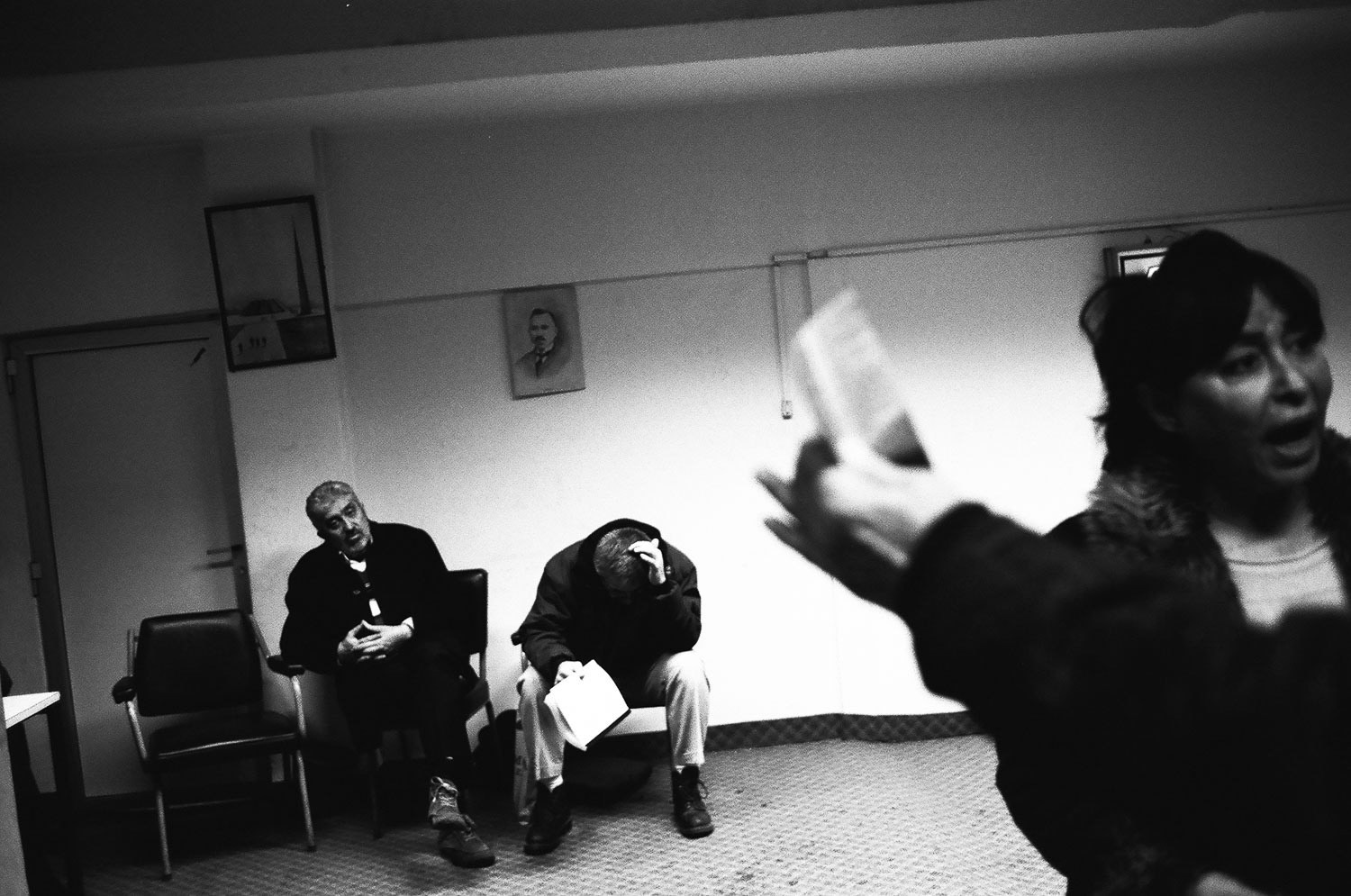
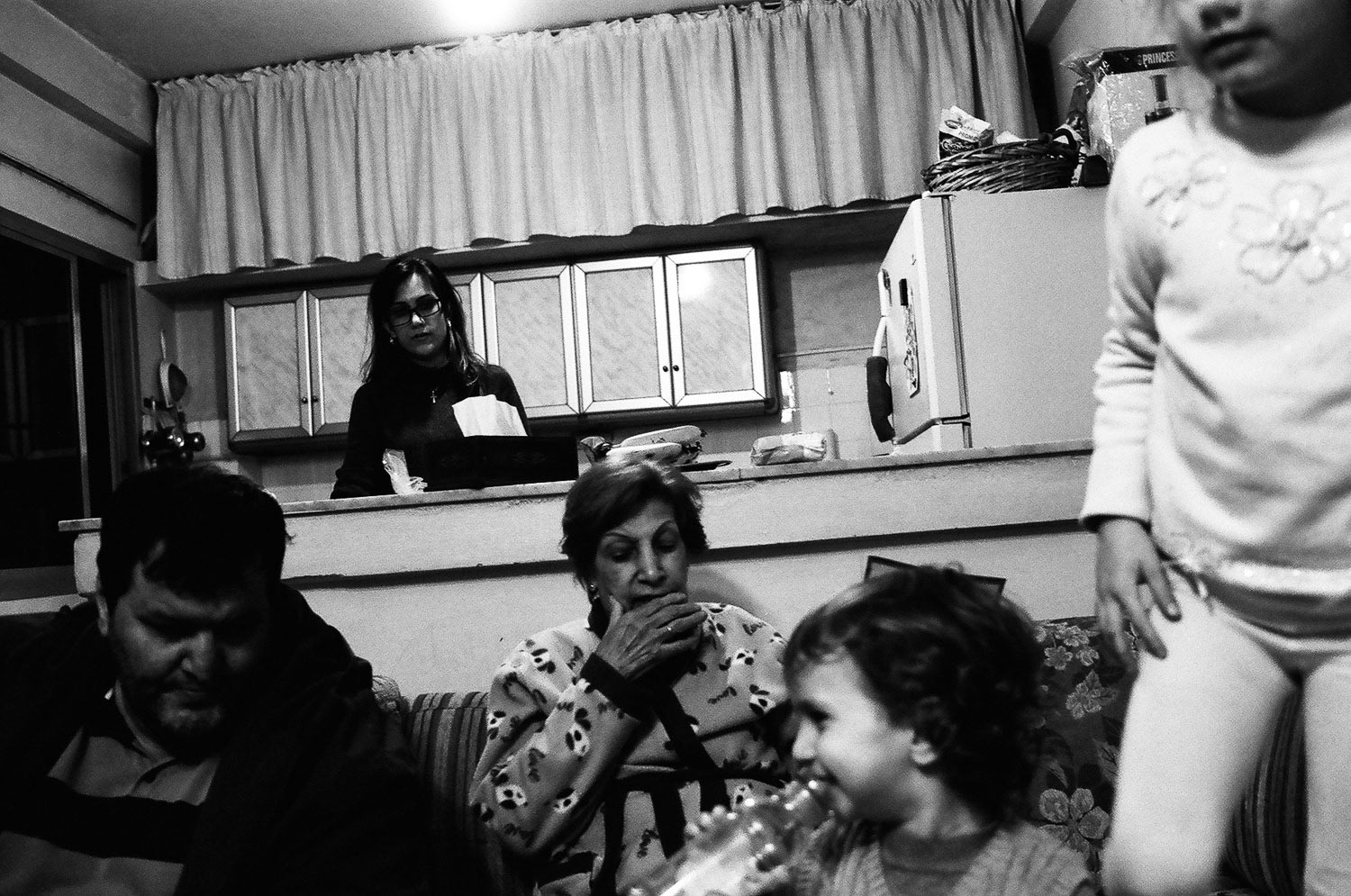
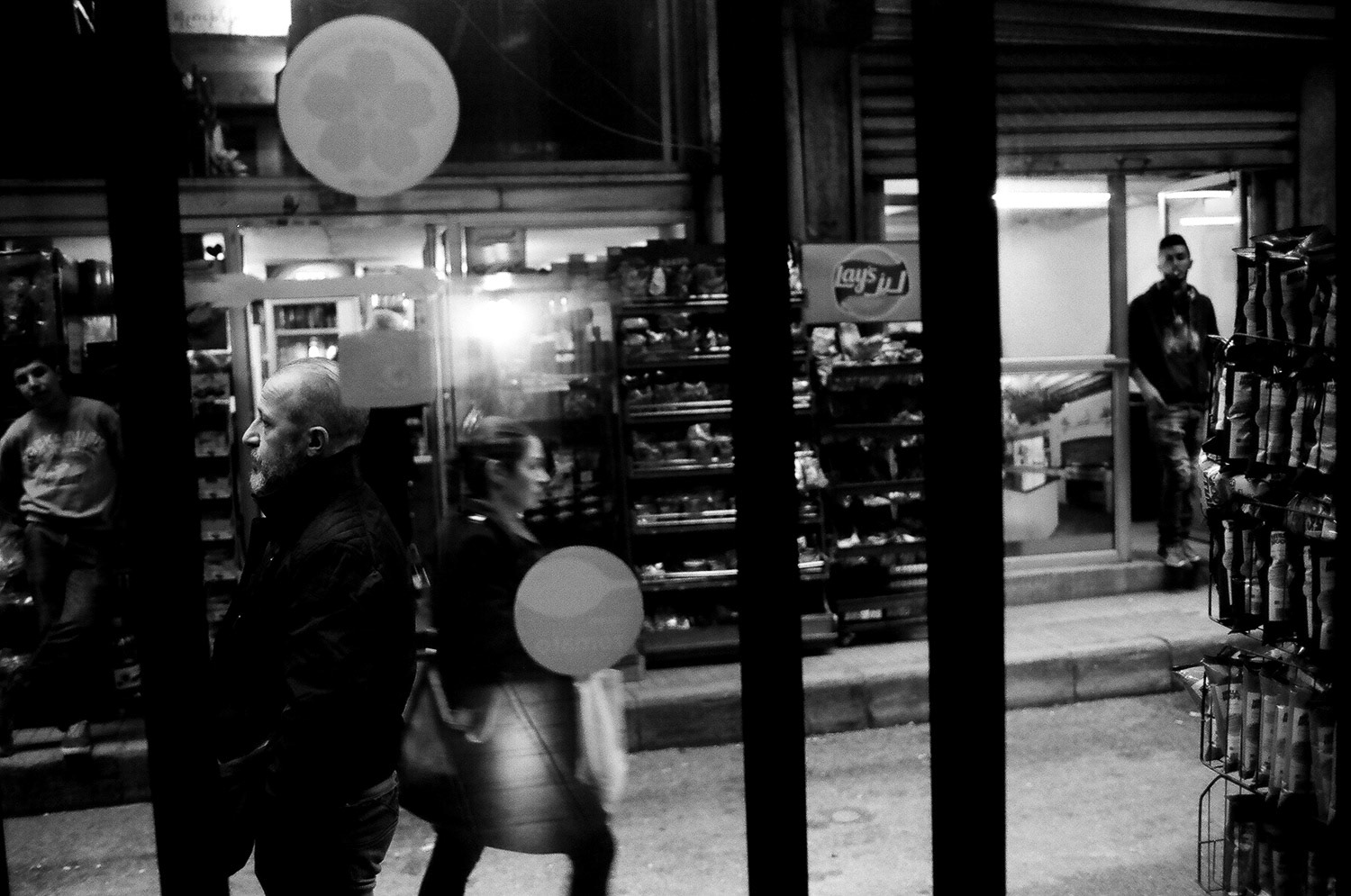
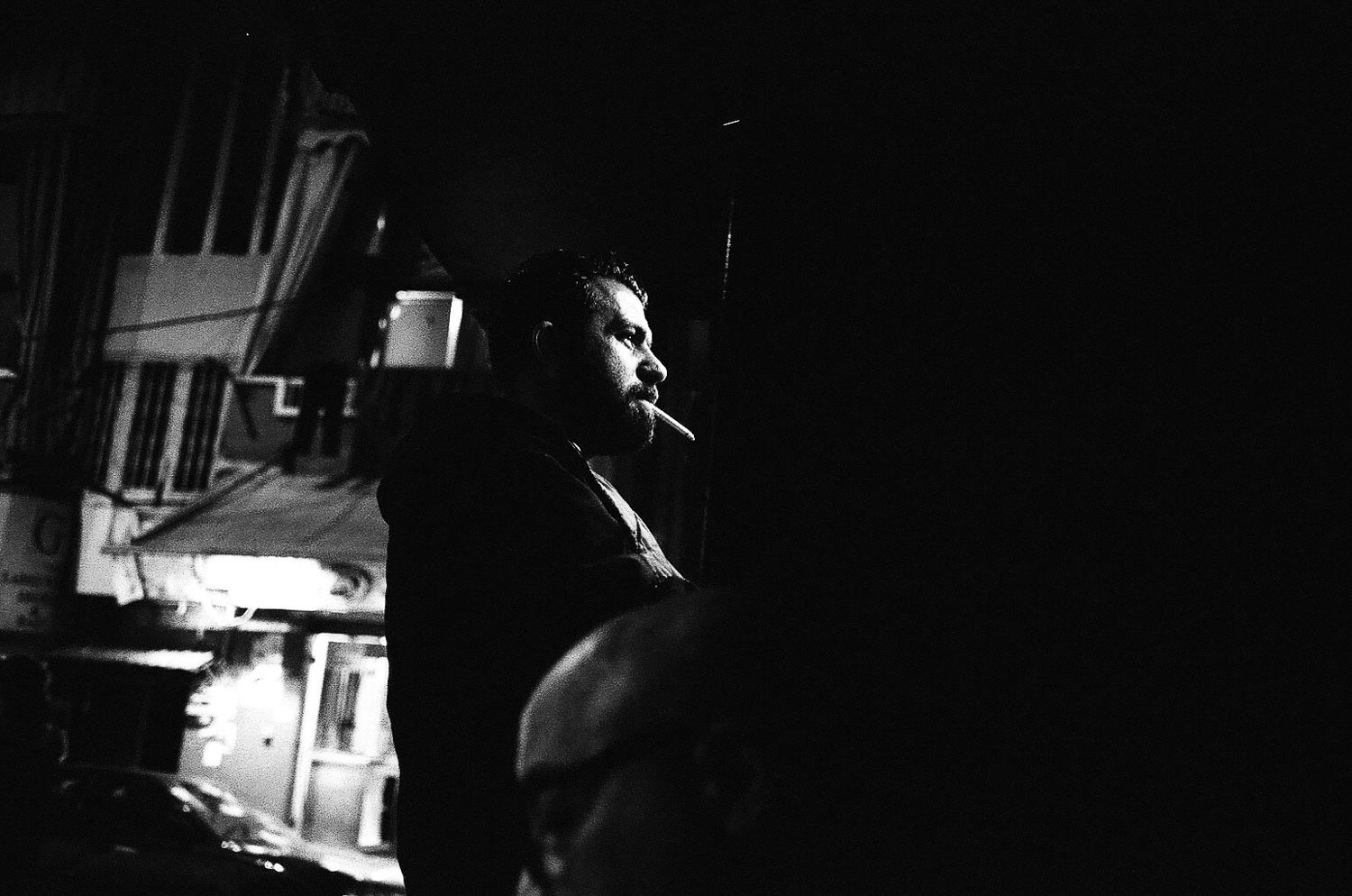
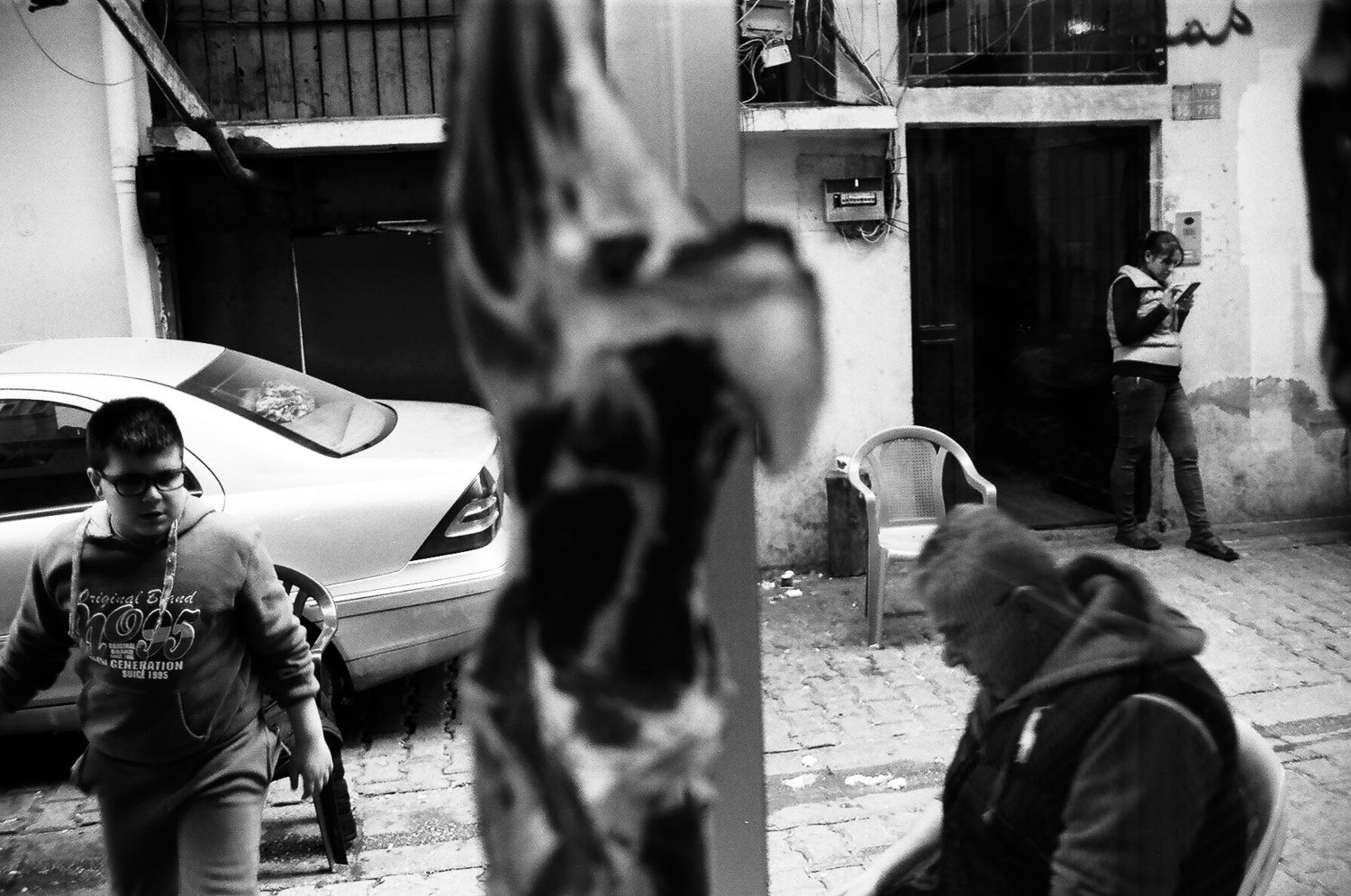
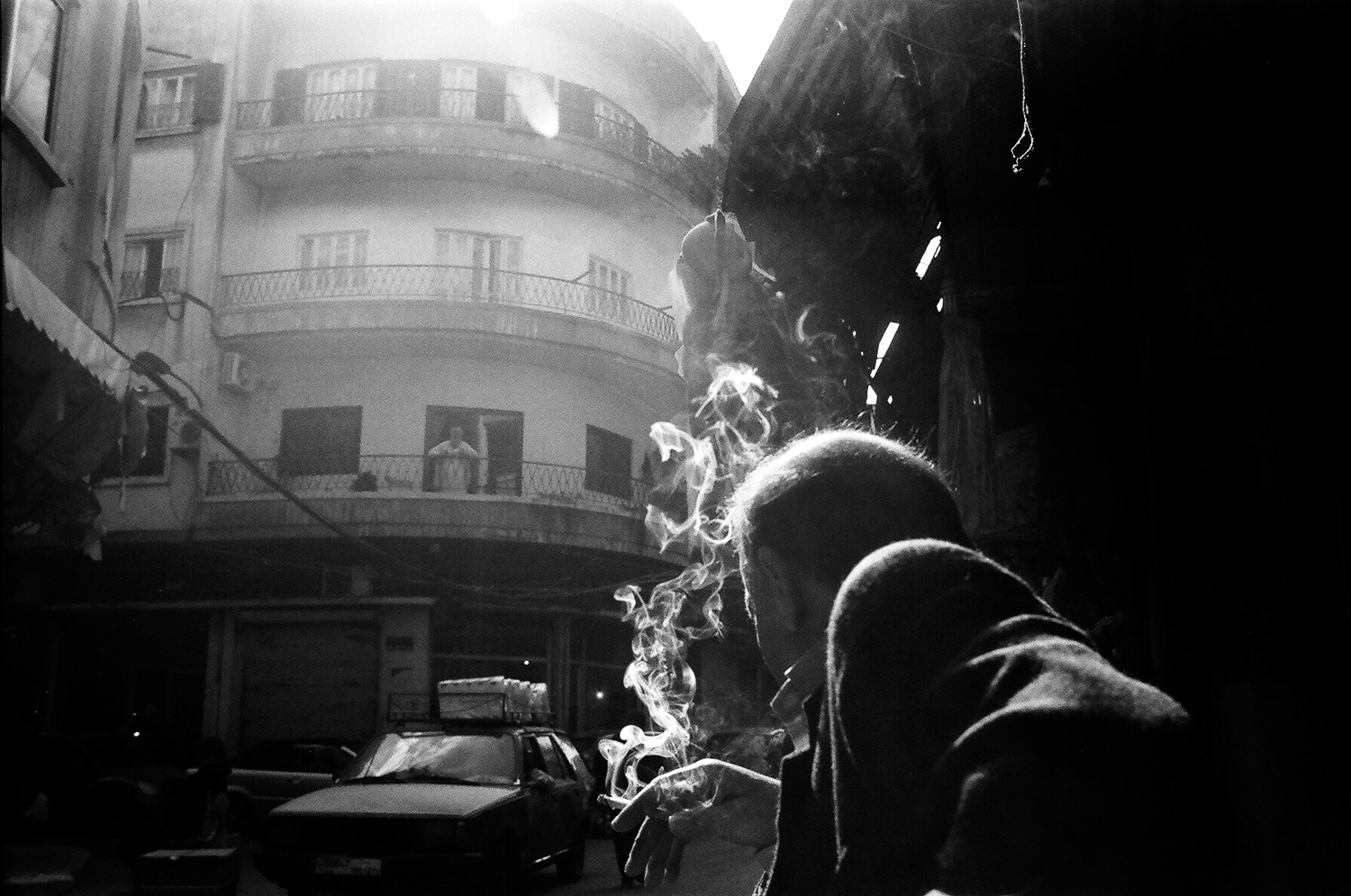
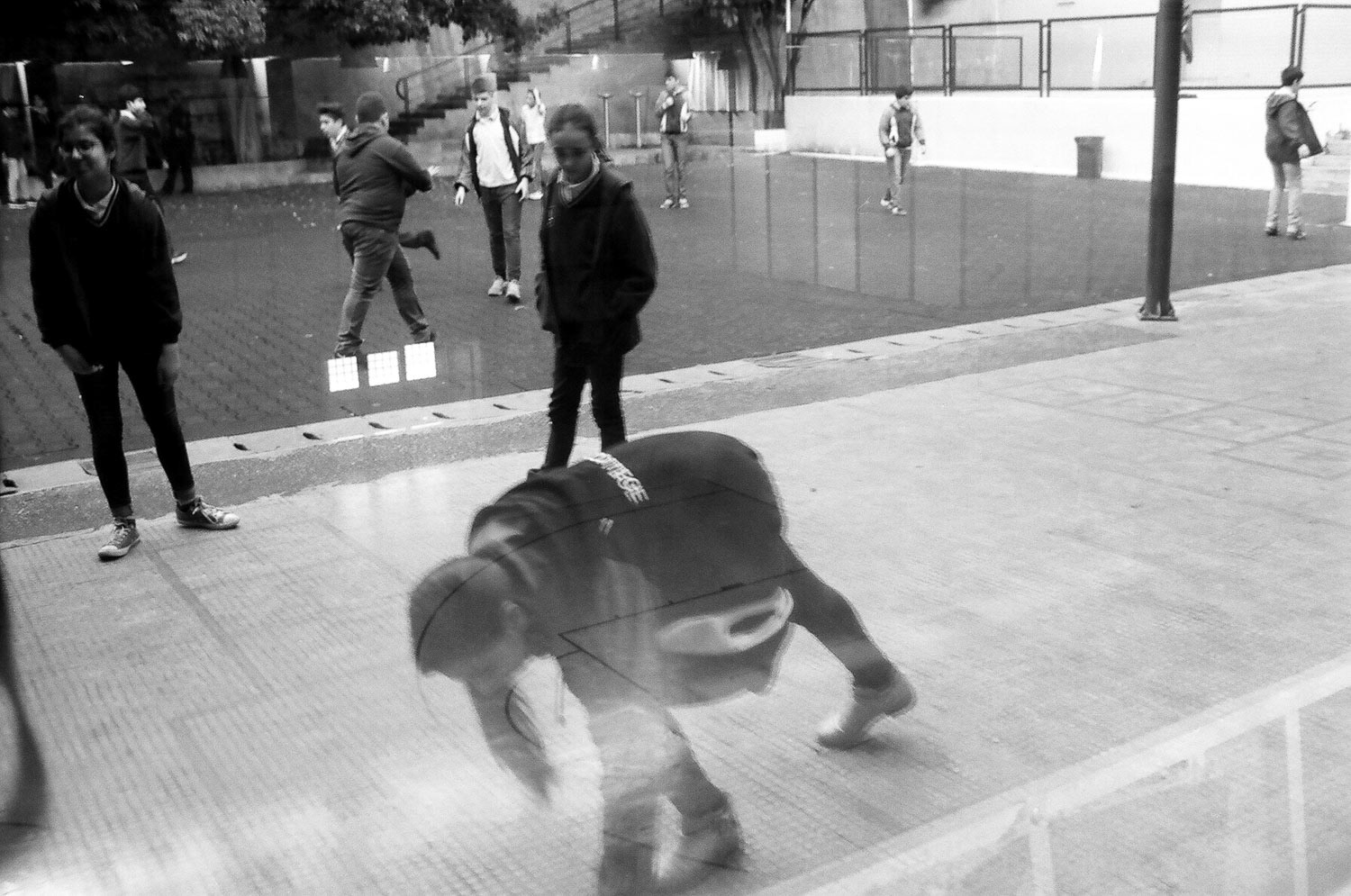
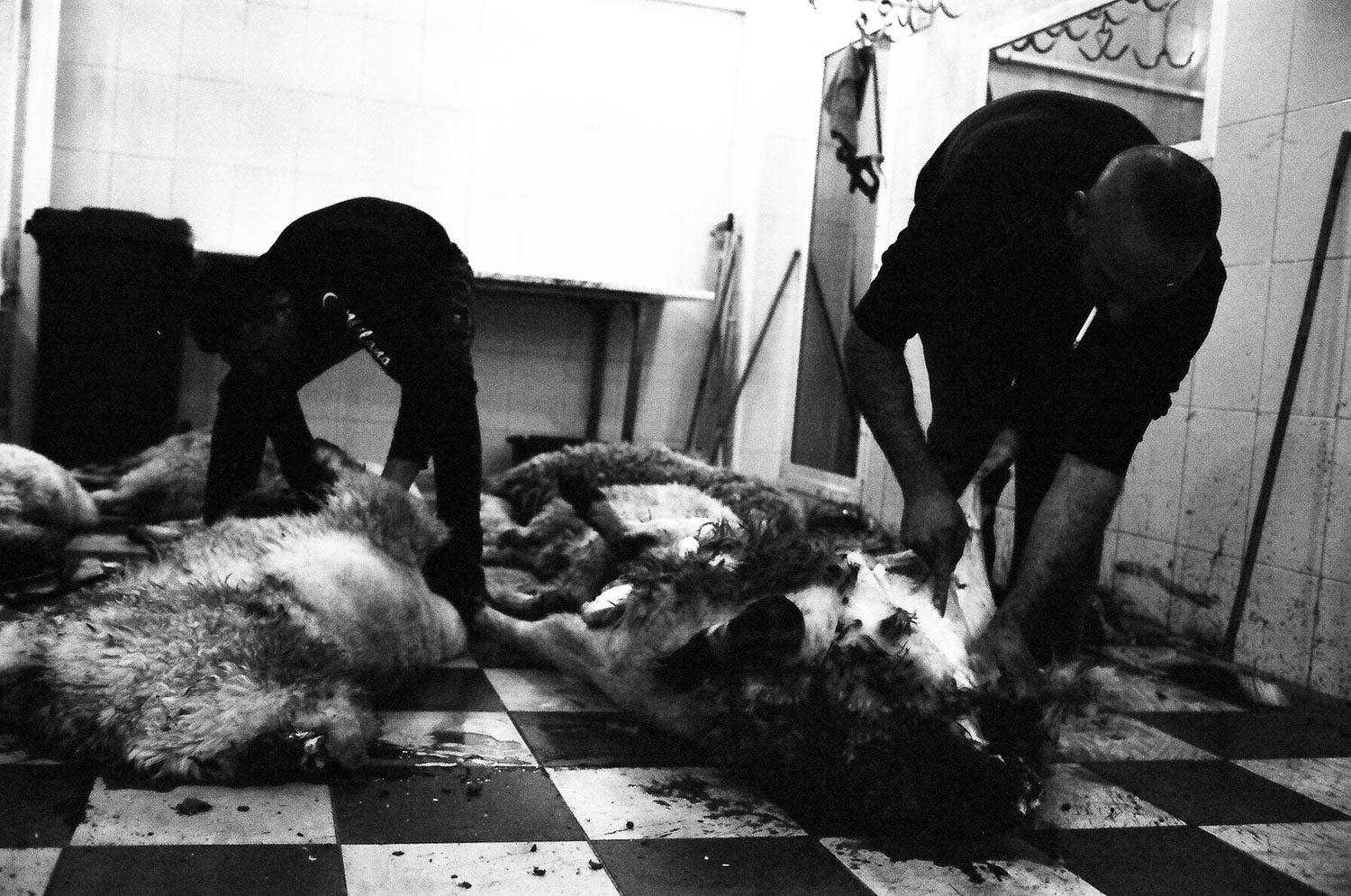
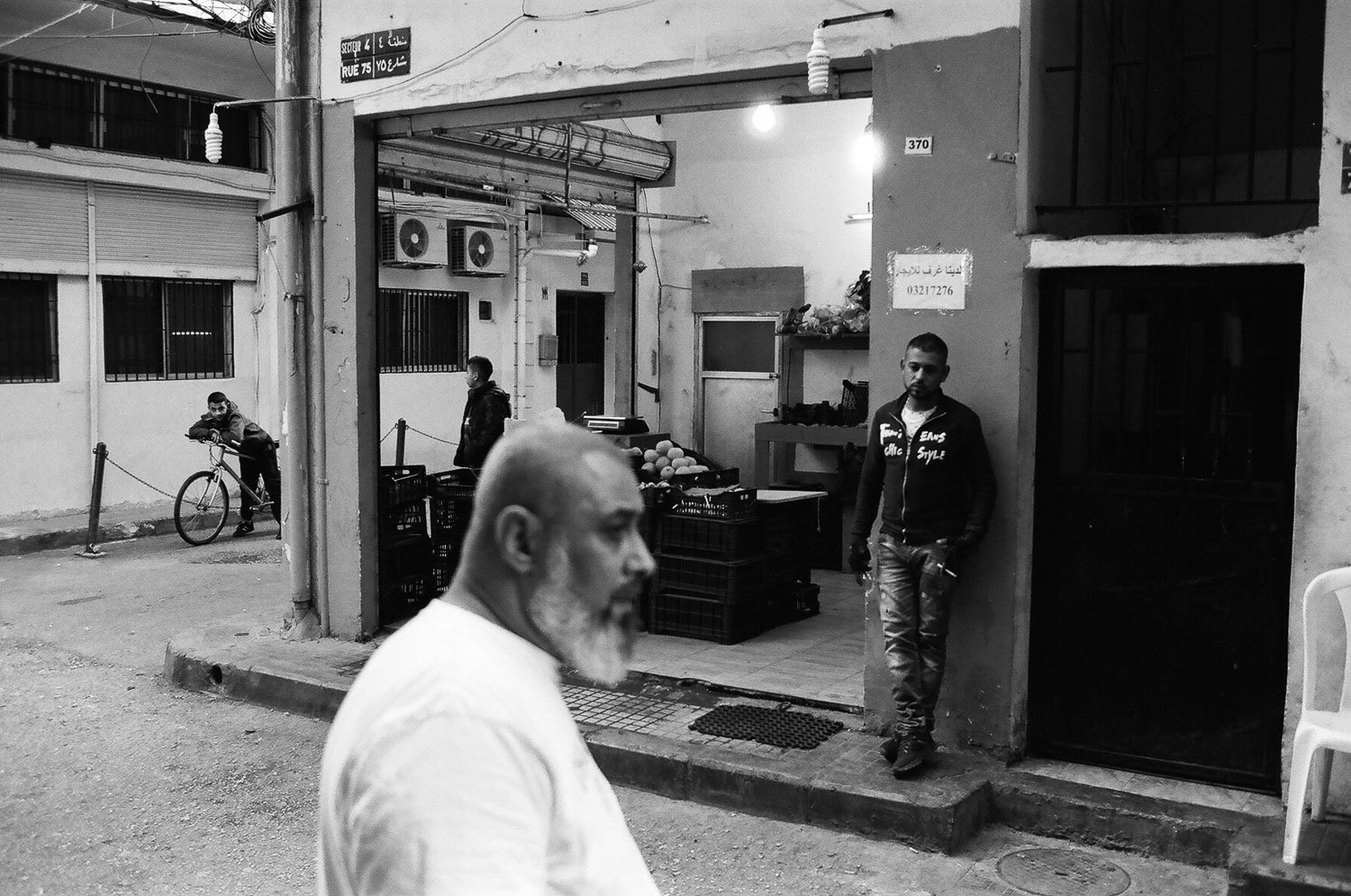
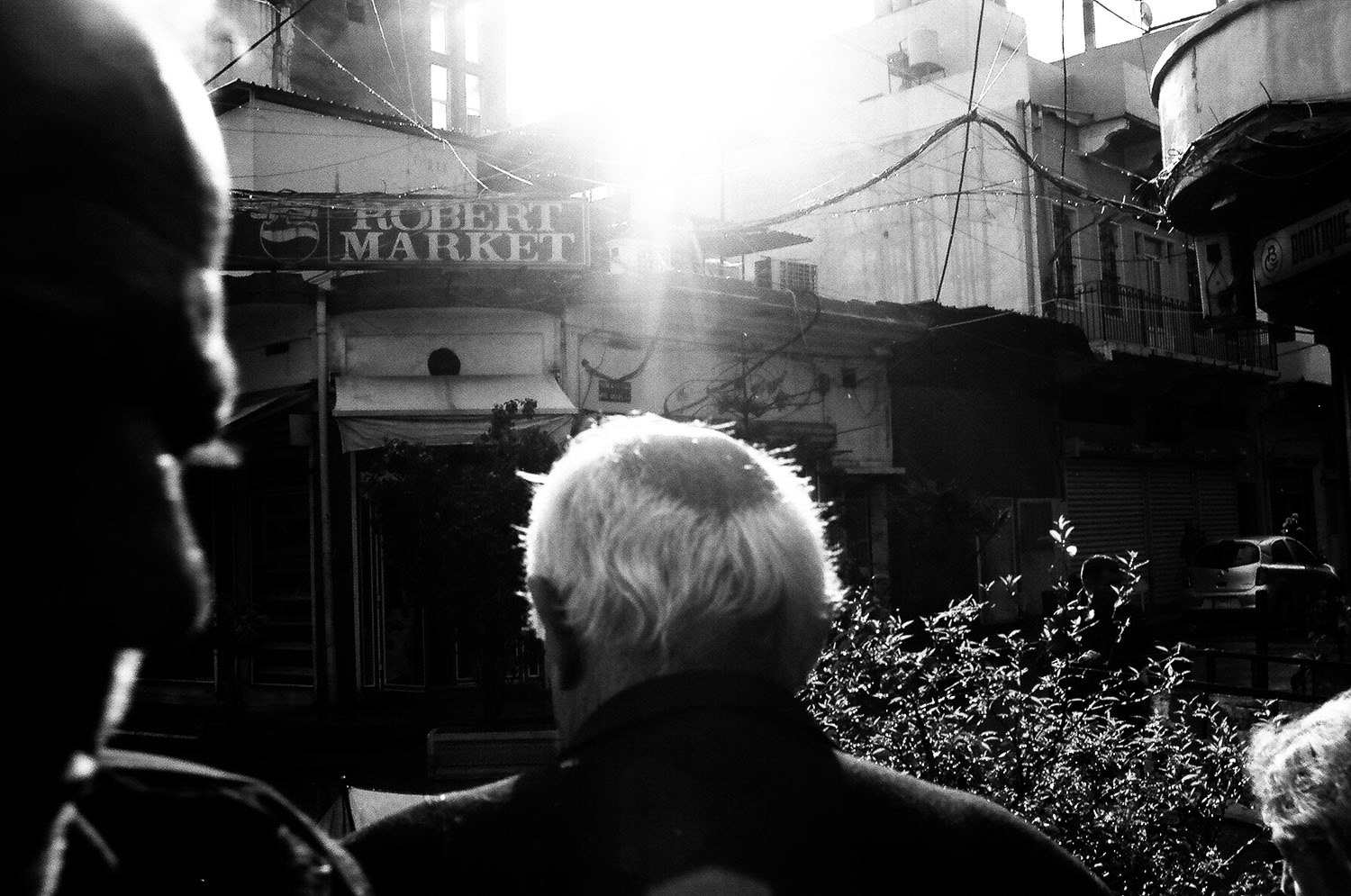
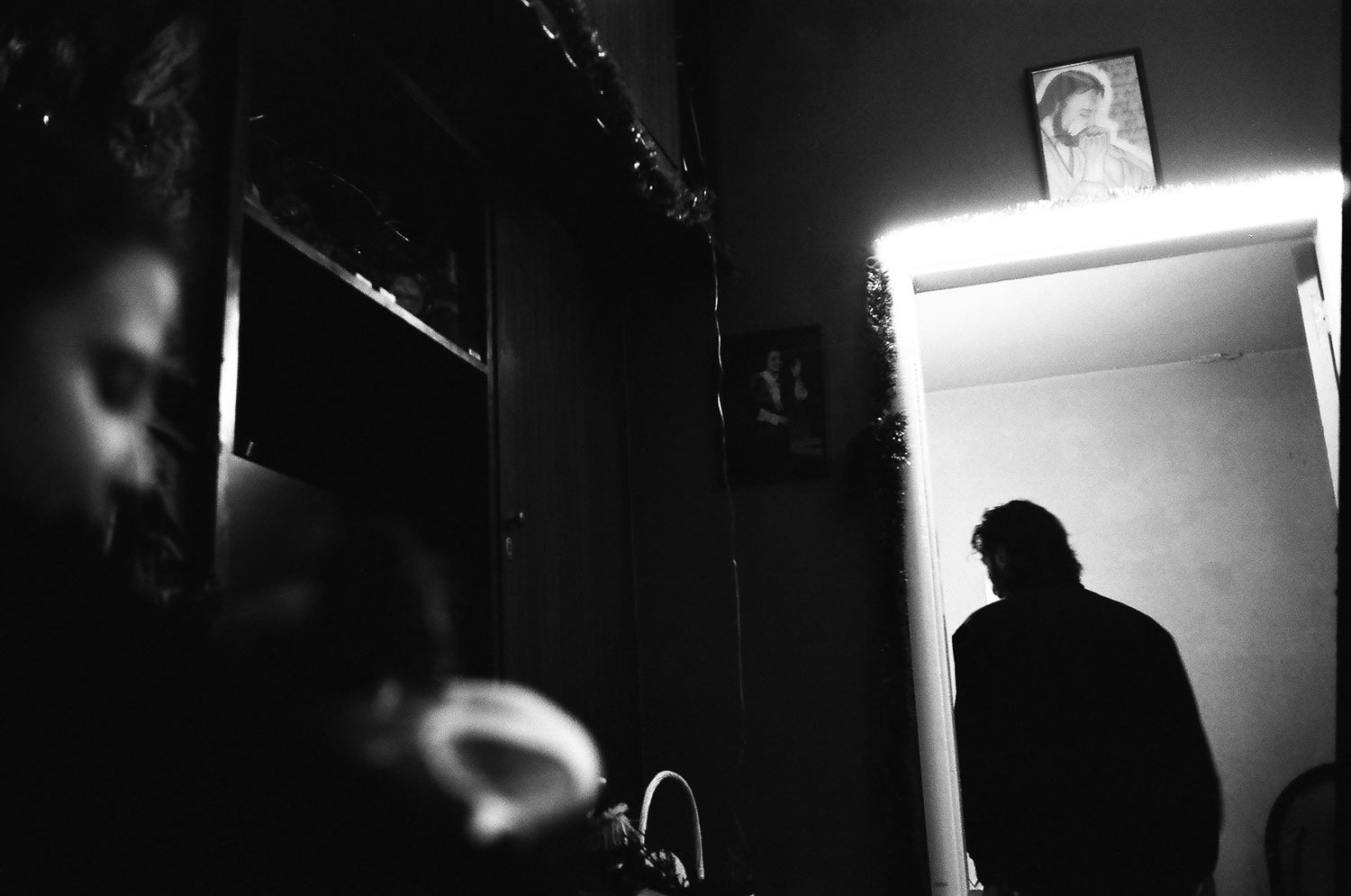
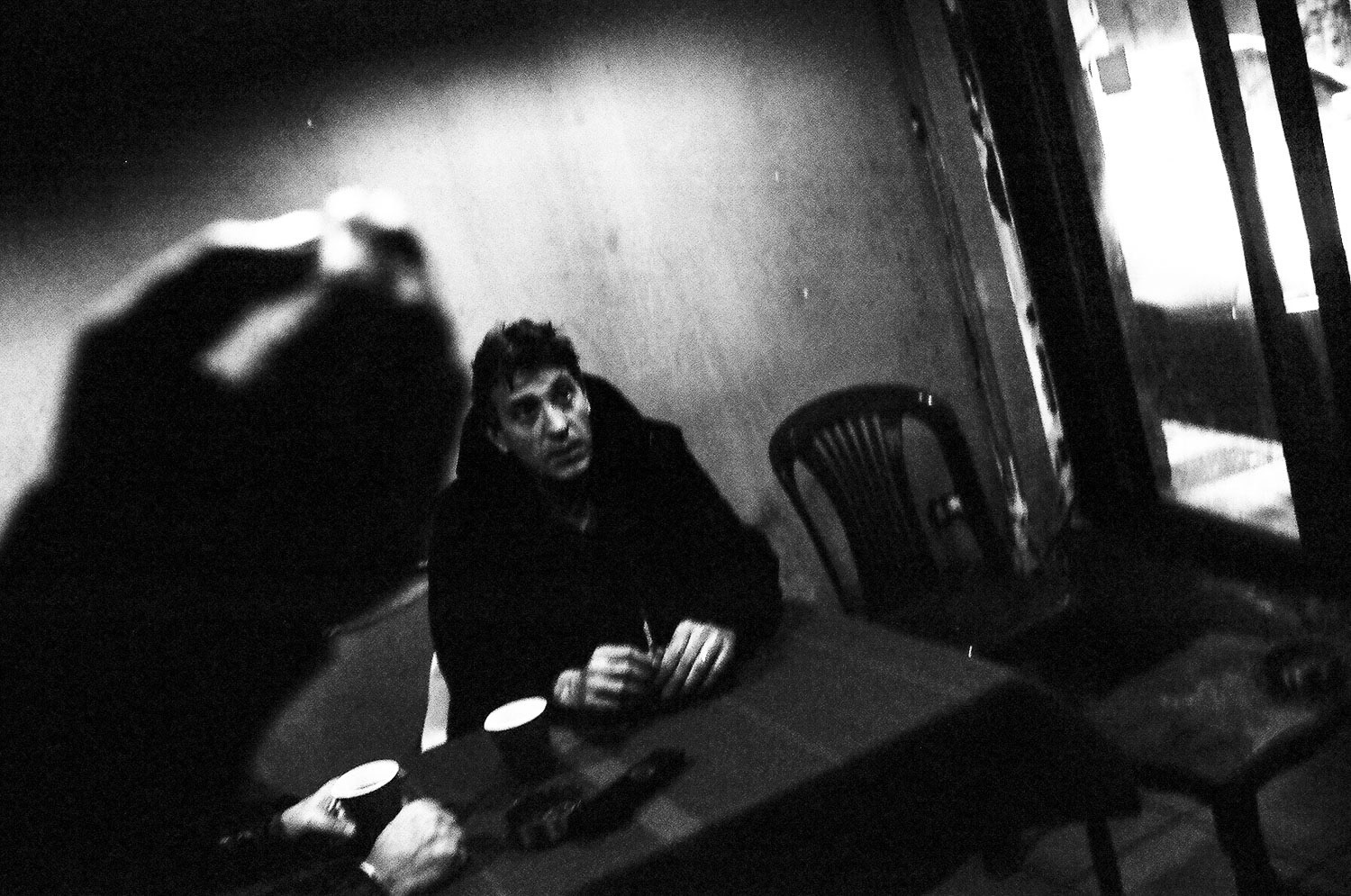
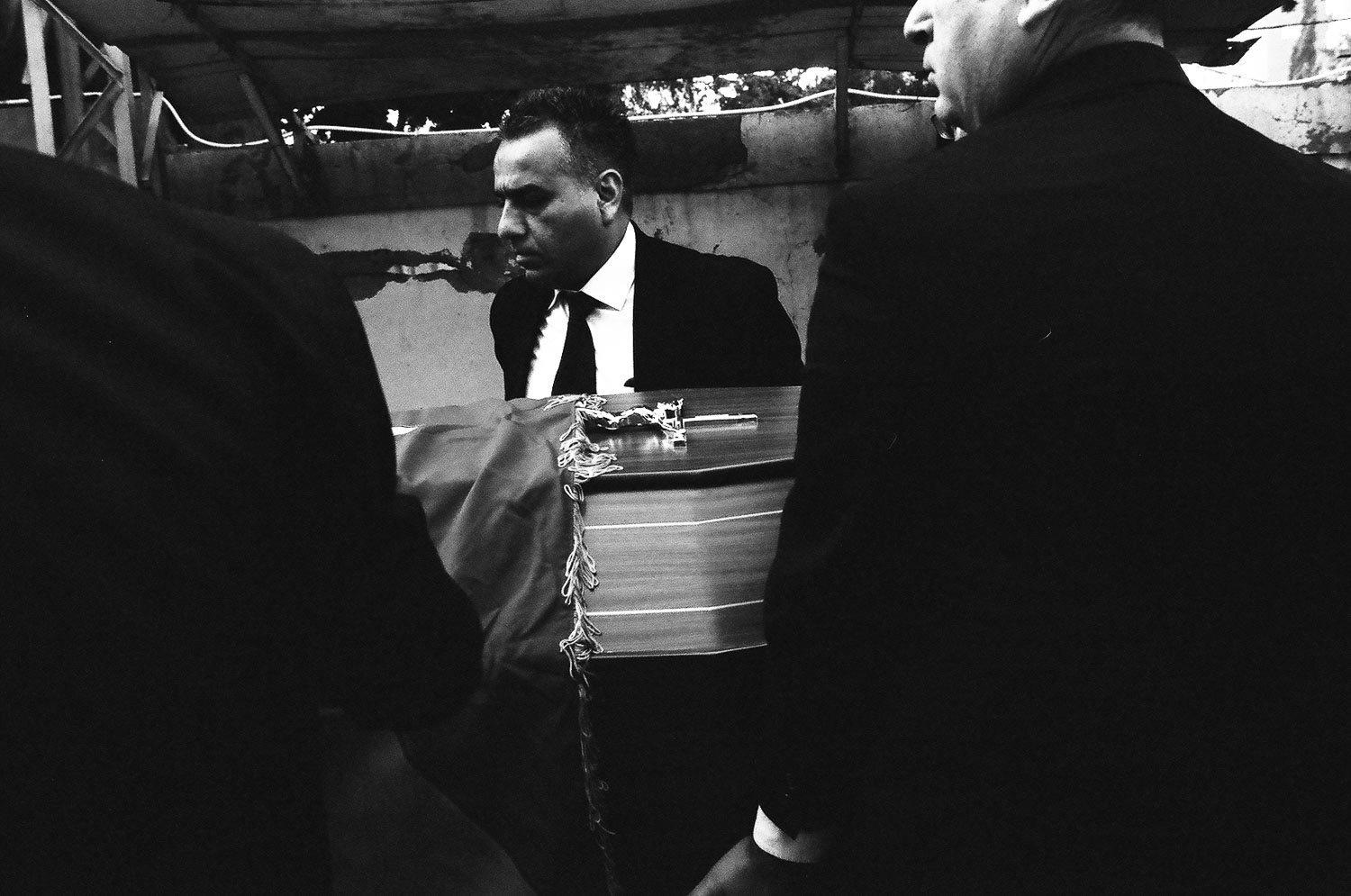
Funeral, Bourj Hammoud Cemetery,
